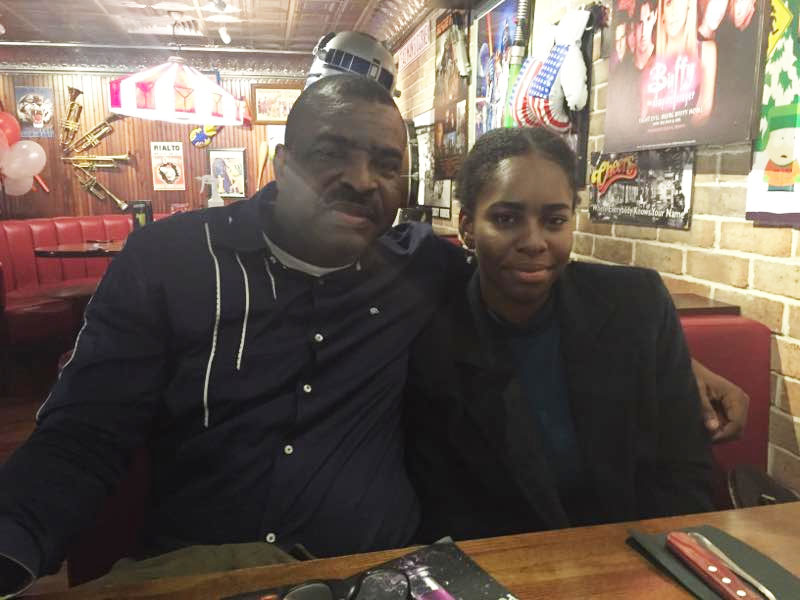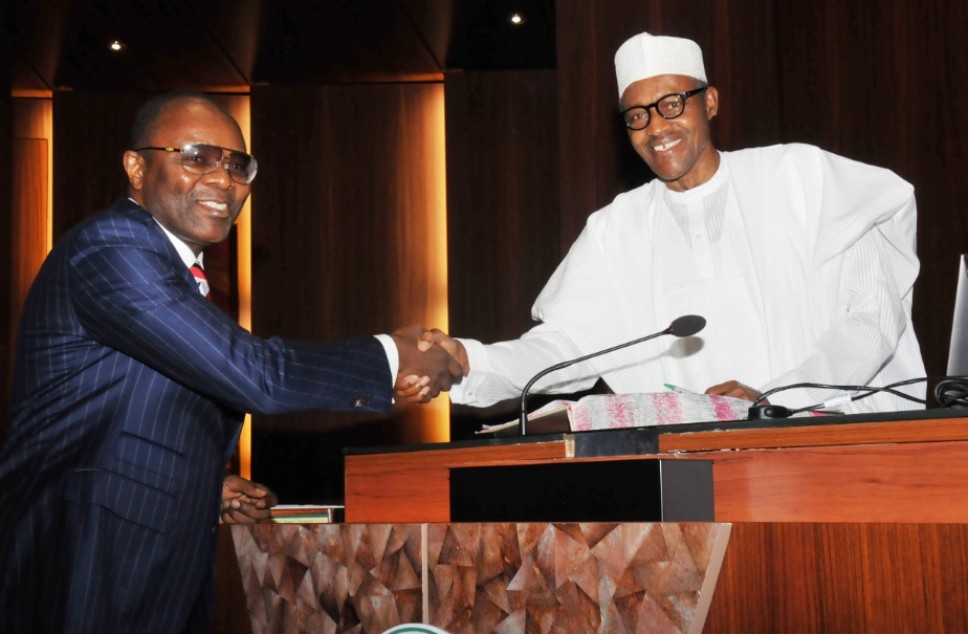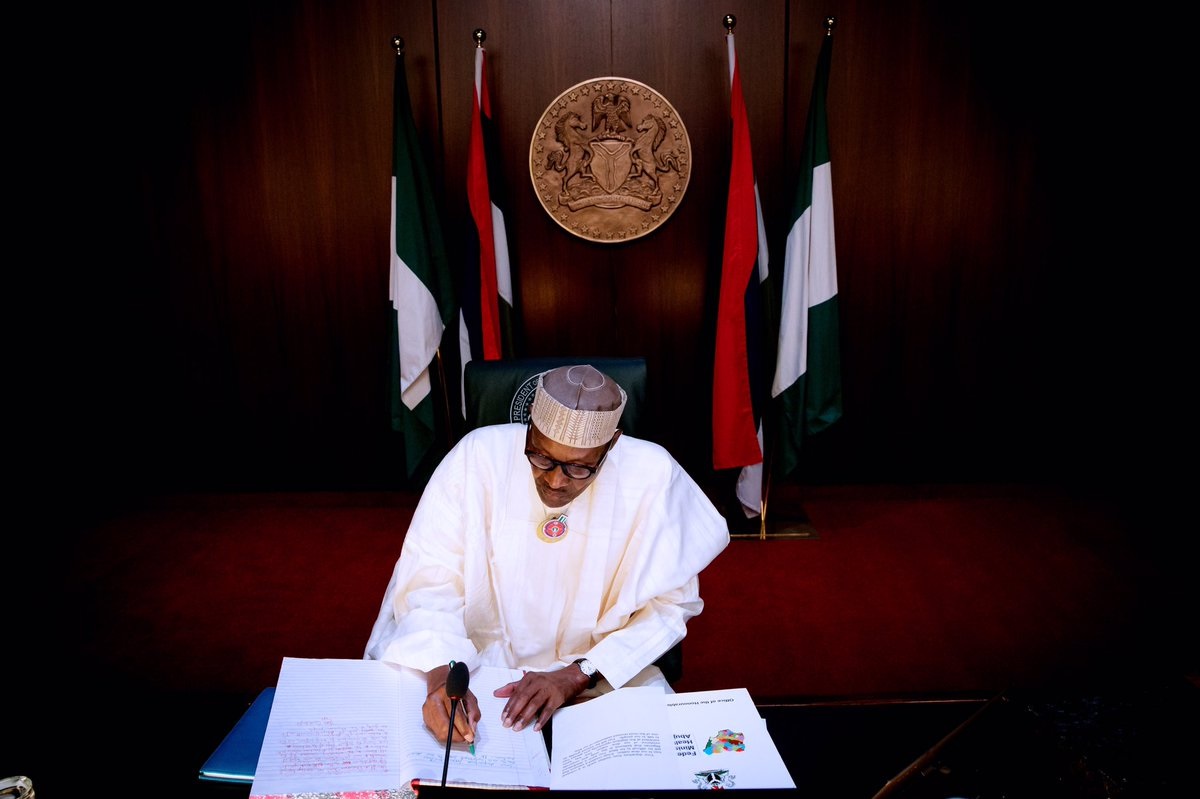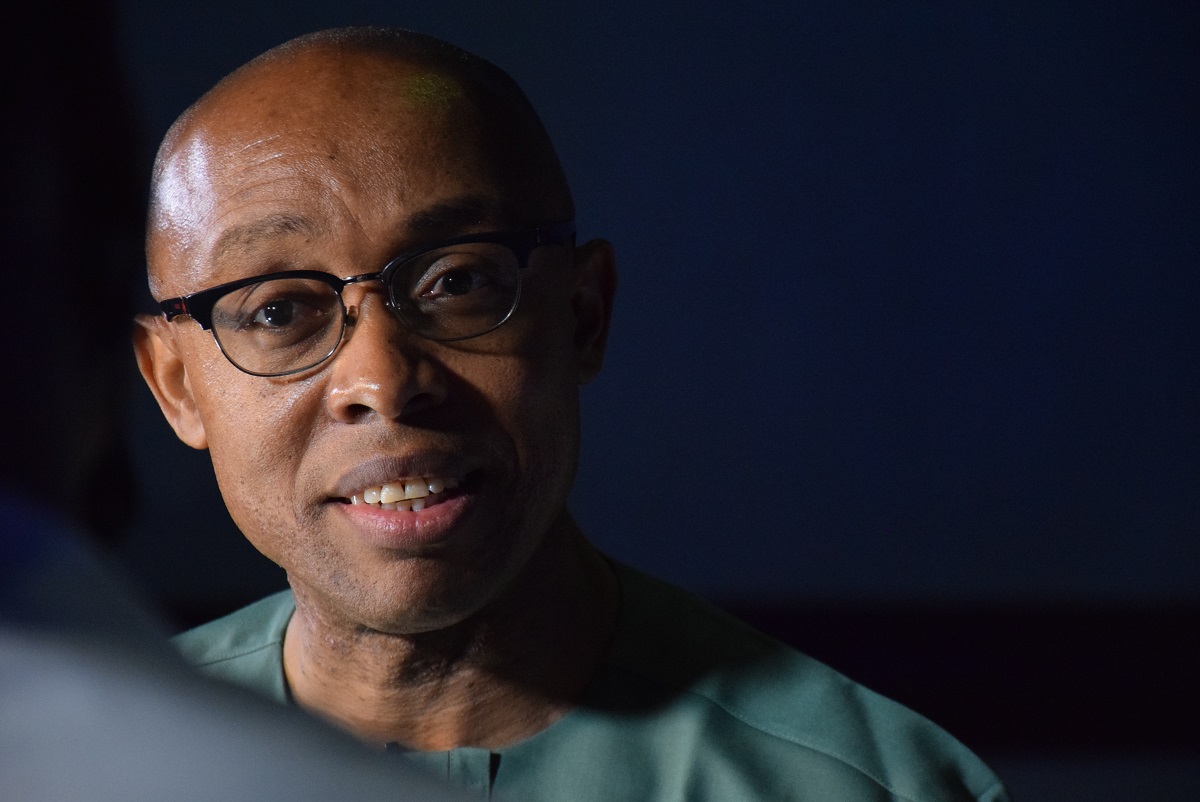In politics, the intention of many Vice Presidents to become the number one citizen had been littered with regrets, distrust and suicidal to say the least with regards to their political careers. The easiest way for the few who attained the position is when the President resigned or died.
Not many Vice Presidents had been lucky in their bids to become President through electioneering process. Those who had been successful through election route till date are not the desperate,ambitious but those whose fortune were supported by circumstances orchestrated by the gods.
The above position in no way mean some of the Vice Presidents were not strategic in their disposition. But beyond strategy , everything points to the fact their successes had been traced to people’s demand, time and chance.
History is replete with many case studies. This writer examines some of these case studies just for argument’s sake. Let us start with Martin Van Buren, American Statesman as well as the 8th President of the United States succeeded President Jackson as the later’s deputy . Van Buren began his political activism early at 18. He was an avowed loyalist and good supporter of President Jackson whom he served. Van Buren’s campaign was premised on the continuity of Jackson ‘ s policy. So he was one of the four previous American vice presidents who became President.
Advertisement
The recent happenings in the Africa National Congress (ANC) can serve as another valid argument. Cyril Ramaphosa had been part of the South Africa’s fight for freedom which was eventually won in 1990s. Ramaphosa’s influence is never in doubt yet he understood timing. He was instrumental to Nelson Mandela’s public acceptance in pre 1994 election.
Ramaphosa introduced Mandela to all the important unions and groups before the 1994 election. For his commitment, reports claimed Mandela preferred him to be his Vice Presidential candidate. Beside, Ramaphosa was ANC’S Secretary General(a position that was second to Mandela ) then. Many intra party voices poisoned Mandela’s mind against Ramaphosa and Mandela eventually went for Thabo Mbeki.
Ramaphosa did not leave the party in spite this and he worked for the government of the day as a negotiator brokering peace with many civil societies and unions. Many people attested to high impact Ramaphosa’s negotiating skill had in making a huge difference. At this time, Ramaphosa’s personal ambition and interest in the position of Minister of Finance also suffered setback as he was denied. Ramaphosa managed his ego and stayed with the party. Ramaphosa used the time to build his business. He excelled in business with several successful investments.
Advertisement
Fast forward to Post Thabo Mbeki’s tenure, Jacob Zuma was not Mbeki’s choice but Zuma won the majority and he picked Ramaphosa as the deputy. Within the ANC’s setting, there is a contested argument the Vice President does not have very defined role. Ramaphosa, as Vice President, was given the hard task of negotiating with different unions which if not handled with tact could damage the lead negotiator’s political career. Despite all these, Ramaphosa was loyal. He came across as a disciplined political juggernaut whose personal philosophy is anti corruption. Political humiliation and side tracking of Ramaphosa reached its peak in 2015 when Jacob Zuma sacked the then Minister of Finance amongst others. It was at this point that Ramaphosa began to plan his game.He kept his political strategy in his chest and never went public. In all these, he never attacked Zuma publicly. Neither did he decamp. What a lesson? Events leading to ANC’S elective conference also showed Jacob Zuma was backing his ex – wife. Some of the above circumstances and god of luck favoured Ramaphosa. He became the preferred choice of the people. Ramaphosa’s patience and strategy paid off after staying in the party for over twenty years.
Coming back home, Dr. Jonathan Goodluck too became President from been vice. He was one time deputy Governor who became Governor. Jonathan ‘ s shot at the Presidency was not borne out of overly ambition or a strong desire to succeed his boss at all cost. He was not critical of his boss nor worked hard undermining his progress. Jonathan was maligned by the powers that be, yet he did not come out to attack his boss. He was quiet to a fault. It took the intervention and outcry of the public for the rule of law to prevail. President Jonathan eventually contested and won in the next election.
Let us now consider Alhaji Abubakar Atiku. He was Vice President of Nigeria during Chief Obasanjo’s tenure. Whatever transpired between the two is not the focus of this piece but left to history to judge. Atiku became openly critical of his boss while in office. What followed was the ‘unholy washing of dirty linen’ in the public from the two sides.
Since 2007, Alhaji Atiku Abubakar ‘ s attempt to become the President had failed. He had moved from one party to another and now he is back to the base(PDP). Unfortunately the political structure he left behind which he now returns to is no longer the same. Things had fallen apart and the centre can no longer hold.
Advertisement
What is the point here, the writer is not endorsing blind loyalty of the President’s deputy to the boss, especially when integrity, governance principles; rules of laws are being compromised and violated. But a known fact is, in many instances when it comes to politics, keeping your strategy to your chest before the time is ripe, patience and acting at the right time had delivered great dividend to the few Vice Presidents who became Presidents. Every Vice President who had turned the other way never got to the throne. We can only hope Alhaji Abubakar Atiku will break the record.
Views expressed by contributors are strictly personal and not of TheCable.
Add a comment







